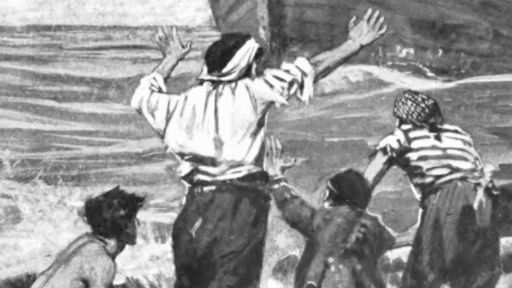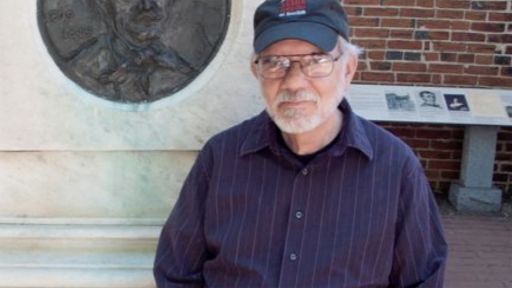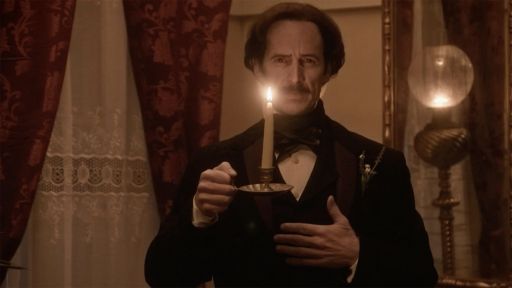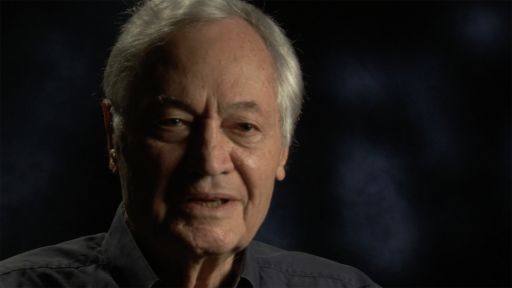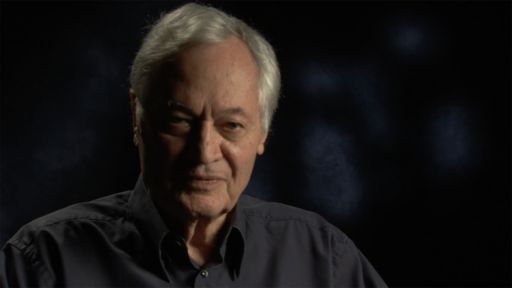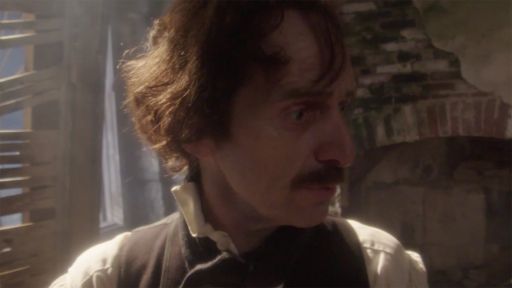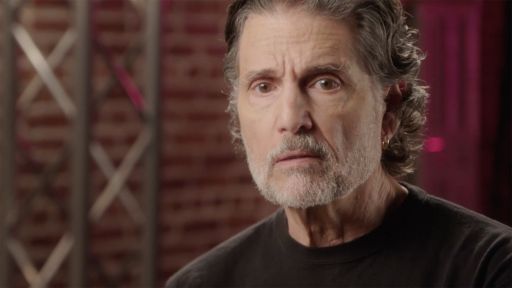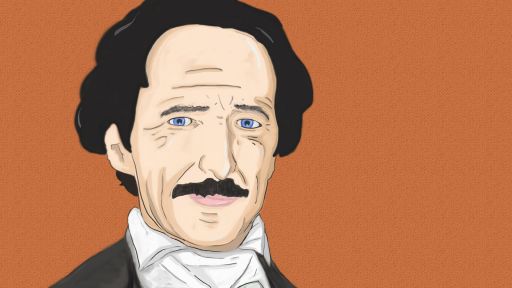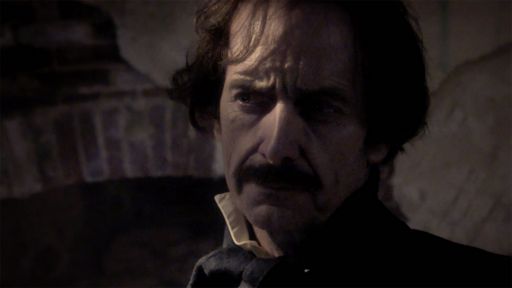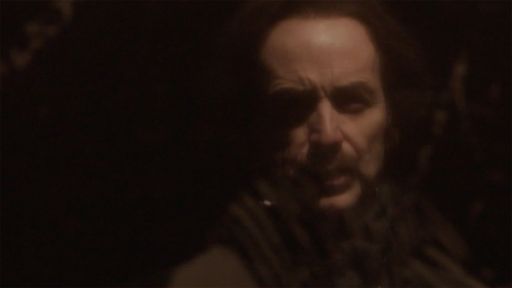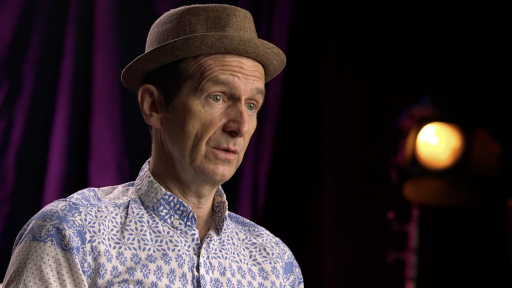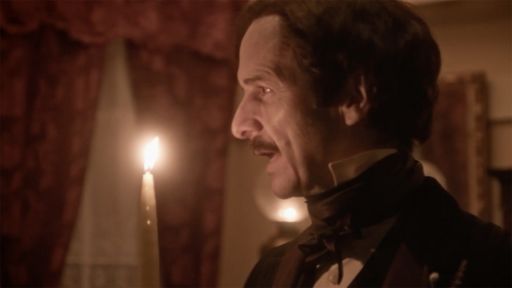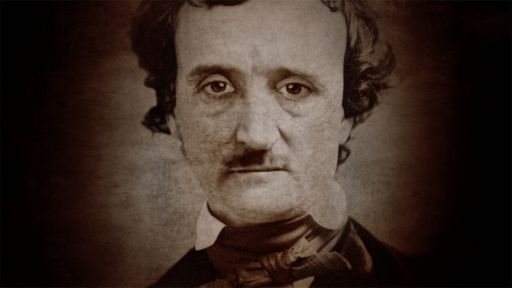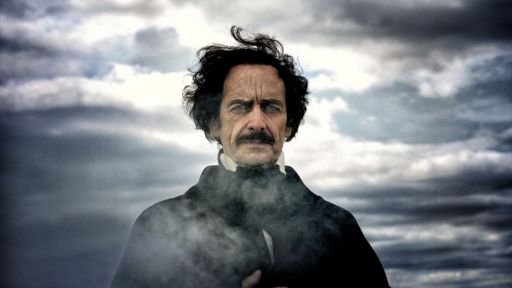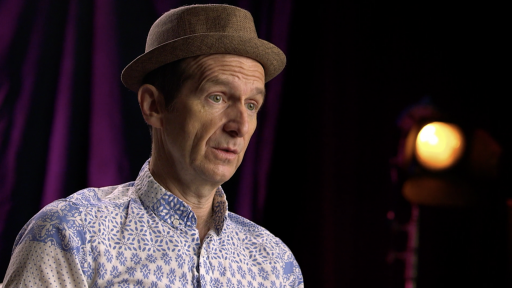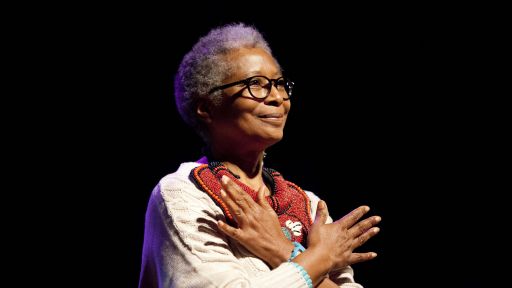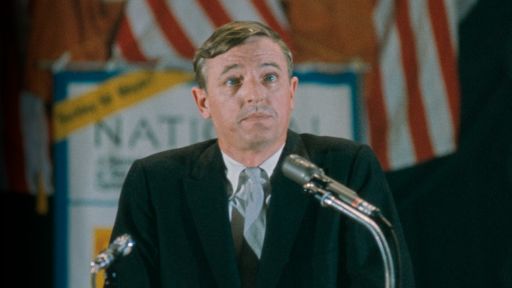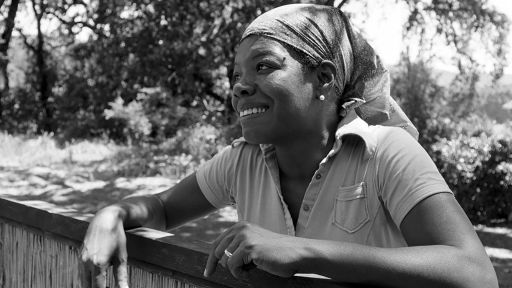TRANSCRIPT
During Poe's life, virtually every woman who he loved and who loved him died young.
His mother died before he was three.
His foster mother, who had really been the only mother-figure he knew, died when he was in his late teens.
The mother of a very close friend of his, a woman who had turned him on to poetry - who had really been the one to introduce him to literature in some ways, she died of some awful disease or maybe suicide, no one knows.
And then, most tragically of all, his child bride who he married when she was 13, died when she was about 22 of tuberculosis, after many many years of just declining health.
Women in Poe's stories and poems are almost always there to die.
Very few of them survive.
I'm not sure that was because of all the women in his life who died - I think he might have done that anyway - hard to know.
We'll never know.
Death was common for everyone in those days.
People died very suddenly from all sorts of strange diseases that would never be a problem today, and many many people were dying of tuberculosis.
So he wasn't alone in that experience of death, but he somehow, I think, was able to latch onto the tragedy of it and evoke that in ways that other writers didn't necessarily.
There's a famous quote from one of his essays on how to write poetry that goes something like unquestionably, 'the death, then, of a beautiful woman is unquestionably the most poetical topic in the world.'

